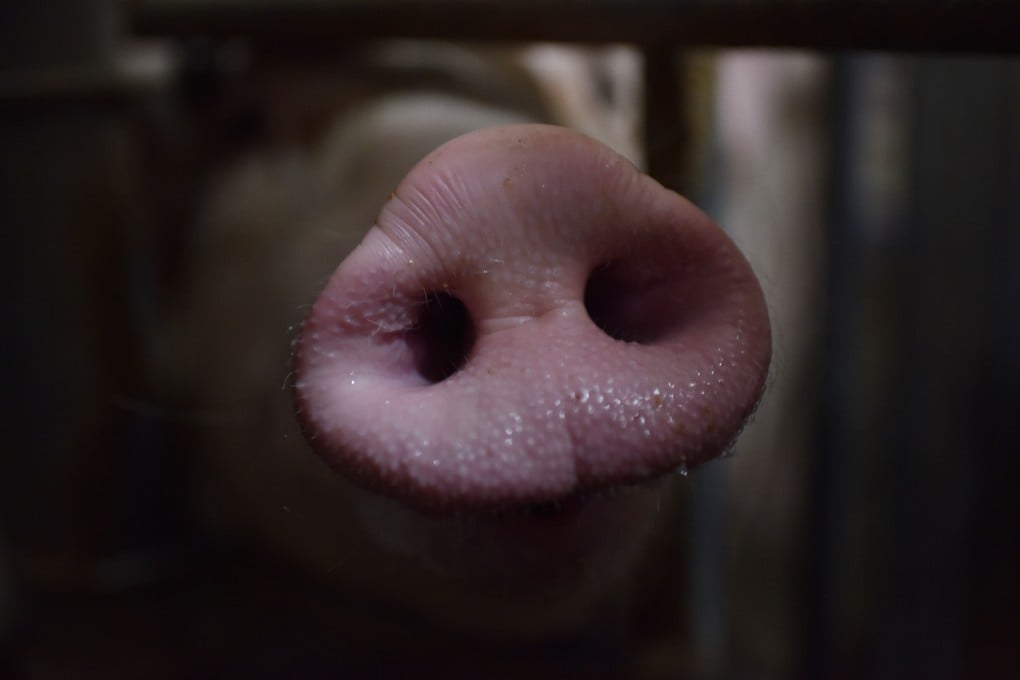Why are Chinese tech companies so much into raising pigs?
Food safety scares have prompted JD, NetEase, and Alibaba to move into high-tech farming

One of China’s largest e-commerce platforms just announced its newest venture -- and it's not hi-tech delivery drones. It's raising pigs.
JD Digits, the finance arm of JD.com, launched the JD Agriculture and Husbandry Academic Research program on Tuesday. It also announced the JD intelligent stockbreeding solution which has introduced technologies such as AI, IoT, robots, and edge computing to pig raising and breeding.
This puts JD among the growing number of Chinese tech companies that want to “bring home the bacon”... by making it themselves. Unlike their US peers, Chinese tech companies have no qualms about getting their hands dirty in the countryside.
China tech’s own version of Mao Zedong’s “down to the countryside movement” has also become a bit of a joke. Tencent, for example, made an April Fool’s prank this year by announcing an “AI Eco Goose Factory” featuring a futuristic bunker for breeding geese. The company also said (jokingly) that it would consider raising swans and penguins in the future (a scarf-wearing penguin is Tencent’s mascot).
